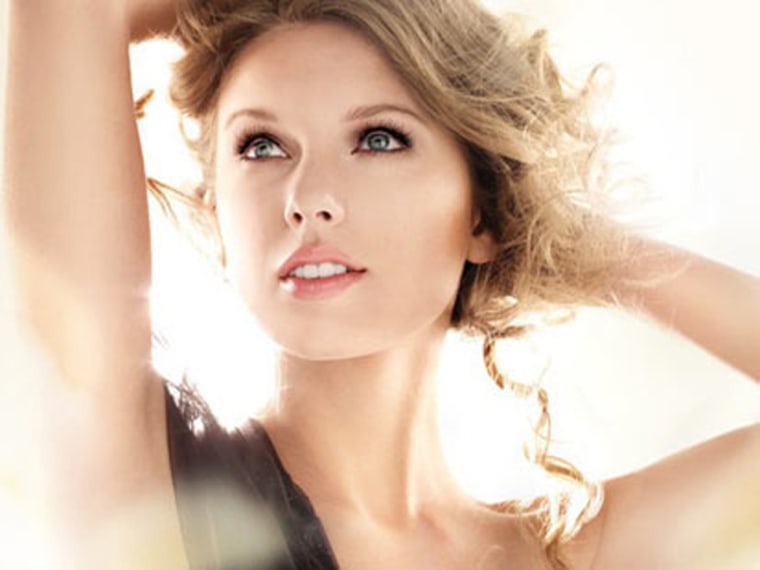By Verena von Pfetten, Styleite
Following in the footsteps of their ad-regulating colleagues across the pond, the National Advertising Division has banned a CoverGirl campaign featuring celebrity spokesperson Taylor Swift due to excessive Photoshopping. In other words, if you thought Swift’s lashes looked too good to be true, you’re right.
The ad in question was for NatureLuxe Mousse Mascara, which CoverGirl claimed delivered “superior performance” in doubling the volume of bare lashes and offering a 20 percent lighter formula than “the most expensive mascara” on the market. Unfortunately, the lashes on display in the ad aren’t courtesy of this miracle mascara; Swift’s “lashes [were] enhanced in post production” — at least according to the fine print at the bottom of the image.
According to NAD, it is “well-established that product demonstrations in advertisements must be truthful and accurate and cannot be enhanced,” which is to say: Photoshop is not allowed. And while the U.K.’s Advertising Standards Authority has been banning ads left and right, this is the first crackdown by NAD on a major campaign.
NAD’s director Andrea Levine told Business Insider, “You can’t use a photograph to demonstrate how a cosmetic will look after it is applied to a woman’s face and then – in the mice type – have a disclosure that says ‘OK, not really.’”
Case in point: An ad for a Maybelline anti-aging product featuring Christy Turlington and Julia Roberts was banned over the summer for “digitally retouching” their skin.
But not all ads are bad because they’ve been digitally altered. Just last month, the British Advertising Standards Authority banned a Miu Miu ad featuring "True Grit" star Hailee Steinfeld because it “depicted a child in an unsafe position.” Steinfeld was photographed crying while perched on a set of empty train tracks.
Related: Dakota Fanning fragrance ad banned for ‘sexualizing a child’
Julia Roberts’ anti-aging ad under fire for excessive photoshopping
